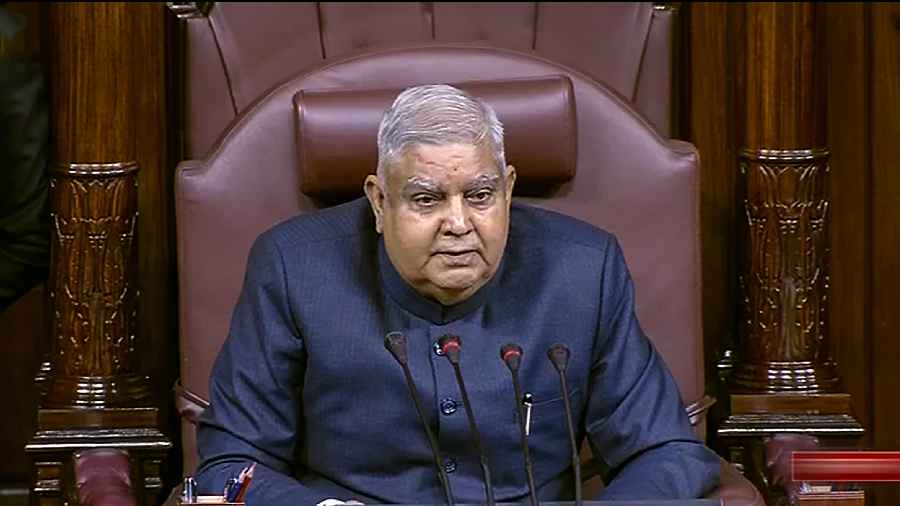India’s vice-president, Jagdeep Dhankhar, recently advised the country’s people to not let international criticism shape their views of the nation. Indeed, Indians know better than those outside about the state of the country — from how its minorities and women are treated, to how potholed streets pockmark its biggest cities. But unfortunately, attempts by the current government to underplay, dismiss or reject global scrutiny of their record of governance does not appear to be motivated by a desire to remind Indians of their own ability to hold those in power accountable. Instead, far too often, the response of the ruling government in New Delhi is to describe all criticism — domestic or international — as a conspiracy against India, conveniently conflating its administration with the nation. Such an approach is always dangerous in a democracy. When a nation is visibly slipping on key indices, ranging from economic metrics to the freedom of its press, this is even more worrying. The Washington-based Freedom House describes Indian democracy today as only “partly free”. Respected rankings and indices that measure freedom of the press, religious freedom and the severity of hunger have also shown India sliding.
It is certainly legitimate to question and challenge all rankings on their methodology. But for the most part, the government of Prime Minister Narendra Modi has refused to engage with international critics in a meaningful manner. It has instead tried to discredit those who challenge its narrative. While visiting the United States of America earlier this year, the external affairs minister, S. Jaishankar, even leaned on the Indian diaspora to join in New Delhi’s efforts to sell its message abroad. In an ideal world, discerning Indians would, in fact, not need to count on international think-tanks and agencies to grade the state of its democracy, freedoms and rights — or for any other data. But the government has only itself to blame for this predicament. It has repeatedly delayed the 2021 census, even after the worst of the pandemic was over. It has withdrawn statistical reports on the state of the economy produced by its own agencies when they carried embarrassing truths about historic levels of unemployment. It has enabled its agencies to threaten and prosecute journalists and has created a political environment in which religious minorities feel unsafe. If Indians cannot trust their own government to capture and share data on key indices in a transparent and timely manner, they will look for it elsewhere.










